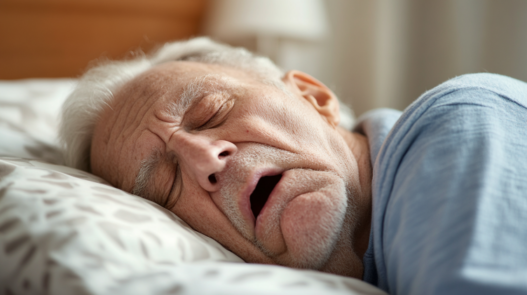Have you ever woken up with leg cramps, drooling, or shortness of breath? While these may seem like minor issues, they might be your body’s way of sending signals about underlying health problems. Let’s dive into these common symptoms and what they might mean.
Leg Cramps: A Sudden Wake-Up Call
Waking up with sudden calf pain is common. This is medically known as calf muscle spasm. It could happen because of a lack of calcium or other factors. Overexertion, cold temperatures, poor sleep positions, and circulation problems like varicose veins or arteriosclerosis are also possible causes.
Occasional cramps can be managed with self-care. Avoid tiring your legs too much, soak your feet in warm water before bed, and keep your calves warm. Make sure your diet has enough calcium and vitamin D. If cramps continue, consider visiting your doctor.
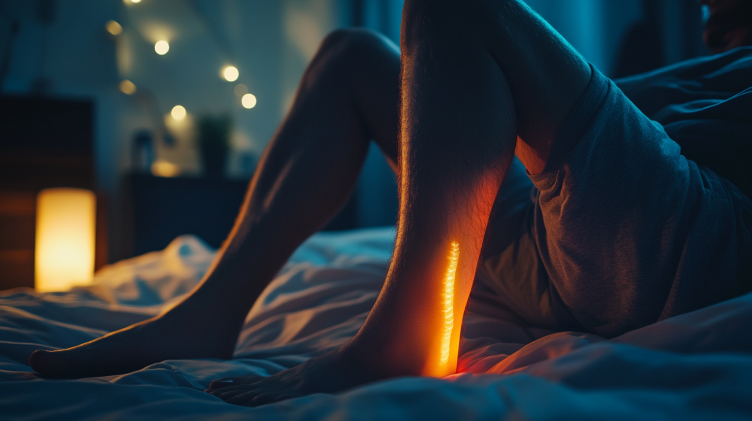
Drooling While Sleeping: Not Always Normal
Drooling when sleeping on your stomach is normal. But drooling in any sleep position can signal something serious. Persistent drooling may be a sign of cerebral thrombosis, especially in older individuals. Symptoms include choking on saliva and drooling on one side of the mouth. It may also come with signs of peripheral facial paralysis.
If you experience these symptoms, consult a doctor. Drooling combined with facial weakness could be a sign of a mild stroke.
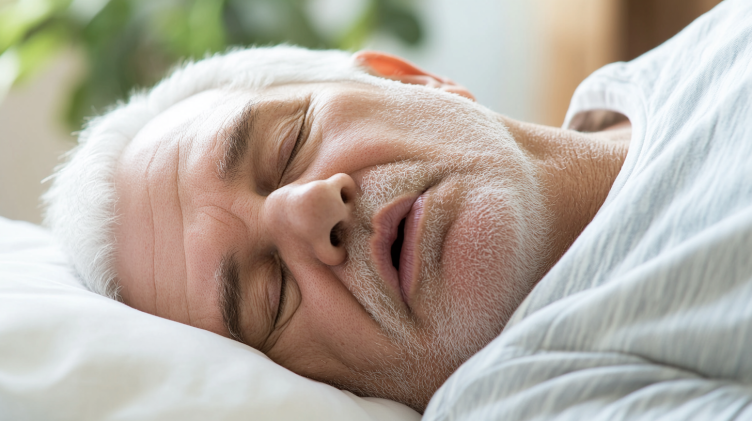
Shortness of Breath: Breathing Issues at Night
Shortness of breath at night can indicate serious issues. Left-sided heart failure or bronchial asthma are common causes. People with heart failure often wake up feeling breathless after 1-2 hours of sleep. Sitting up helps relieve discomfort.
If the symptoms continue, seek medical help immediately. Don’t try to walk to the hospital on your own.
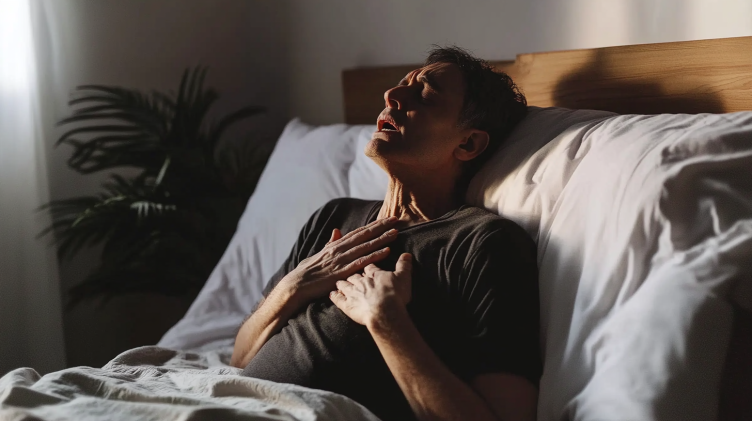
Dizziness and Headaches: Signs You Shouldn’t Ignore
Waking up with a headache or feeling dizzy might indicate a serious health issue. Arteriosclerosis or a brain hemorrhage could be the cause. If these symptoms occur, it’s important to get medical help immediately.
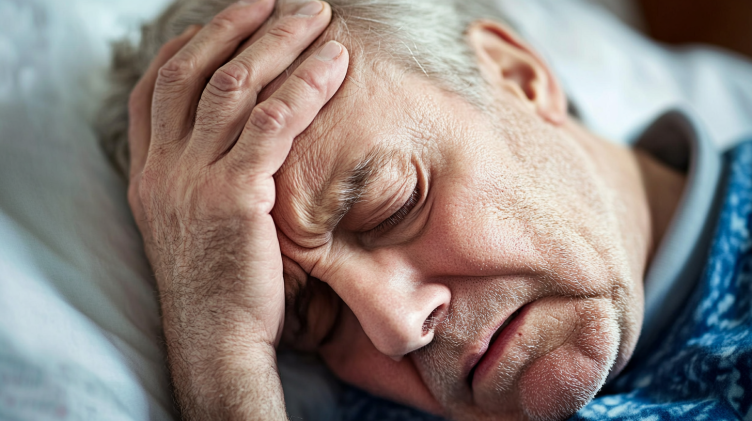
Sleepwalking and Sleep Movements: A Possible Parkinson’s Connection
Some people move aggressively in their sleep. This can include punching, kicking, or even yelling. These movements might be linked to Parkinson’s disease or sleep disorders. If you notice this happening regularly, it’s important to seek professional help.
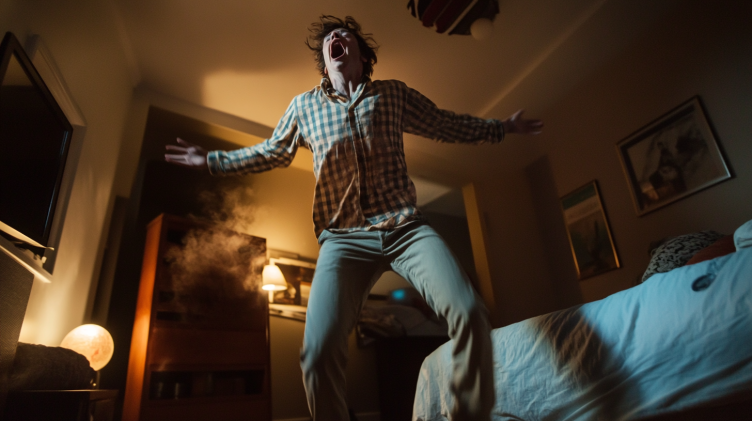
Conclusion: Listen to Your Body’s Signals
While symptoms like cramps, drooling, and shortness of breath may seem like minor inconveniences, they could be signs of underlying health issues. From calf muscle spasms to more serious conditions like strokes and heart failure, it’s essential to pay attention to these signals. If any of these issues persist, visit your doctor for further evaluation.







